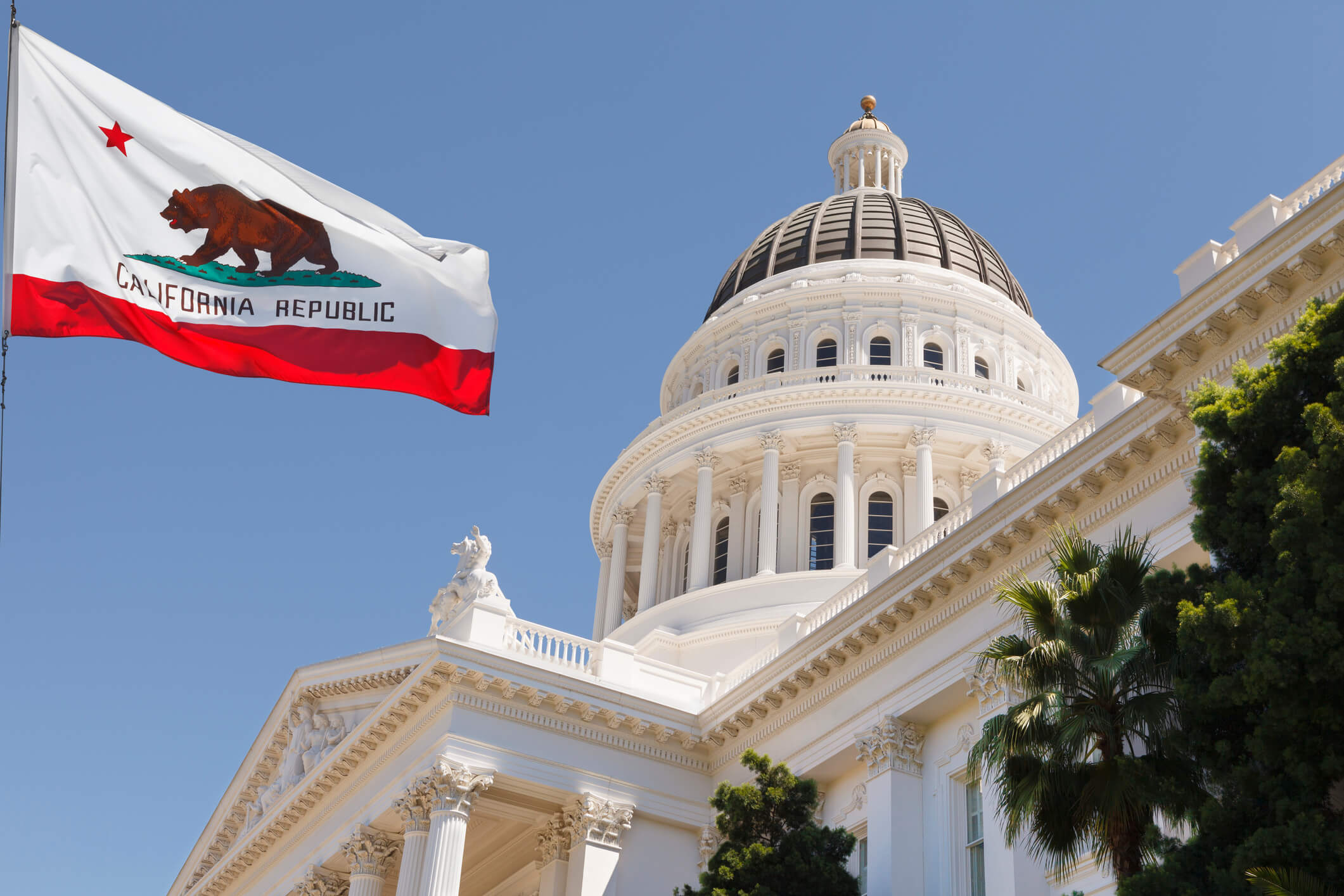Quick Hits
- California Senate Bill (SB) No. 642 amends existing pay transparency laws by extending the statute of limitations for violations to three years, introducing a six-year look-back period for relief, and refining the definition of “pay scale.”
- The law is part of a wave of employment-related bills passed by the California legislature this year.
- SB 642 will take effect on January 1, 2026.
In 2022, California enacted new pay transparency requirements as part of the state’s Equal Pay Act, mandating that employers with fifteen or more employees include an expected “pay scale” for a position in job postings and provide employees a “pay scale” for their current position upon request.
Newly enacted SB 642 amends those requirements. Specifically, SB 642:
- revises the definition of “pay scale” to mean “a good faith estimate of the salary or hourly wage range that the employer reasonably expects to pay for the position upon hire” (the phrases “good faith estimate” and “upon hire” are new);
- extends the statute of limitations from two to three years after the last date the cause of action occurs, regardless of whether the violation is willful;
- specifies that an employee is “entitled to obtain relief for the entire period of time in which a violation … exists, but not to exceed six years.”
- defines a cause of action under the law to arise when an unlawful compensation decision is made, an individual becomes subject to an unlawful compensation decision or practice, or when an individual is affected by such a decision or practice, “including each time wages, benefits, or other compensation is paid, resulting in whole or in part from the decision or other practice”; and
- defines “wages” and “wage rates” to include “all forms of pay, including, but not limited to, salary, overtime pay, bonuses, stock, stock options, profit sharing and bonus plans, life insurance, vacation and holiday pay, cleaning or gasoline allowances, hotel accommodations, reimbursement for travel expenses, and benefits.”
Next Steps
SB 642 is one among a wave of new employment-related bills passed by California lawmakers during the last legislative session. The law will take effect on January 1, 2026.
Employers may want to review their compensation structures and job-posting policies to ensure compliance with the new requirements.
Ogletree Deakins’ California offices will continue to monitor developments and will provide updates on the California, Pay Equity, and Wage and Hour blogs as new information becomes available.
In addition, the Ogletree Deakins Client Portal tracks developments and provides real-time updates on Pay Transparency/Job Postings and California employment laws, including California’s Pay Transparency Law. Full law summaries are available for Premium-level subscribers. Snapshots and Updates are available for all registered client-users. For more information on the Client Portal or a Client Portal subscription, please reach out to clientportal@ogletree.com.
Follow and Subscribe
LinkedIn | Instagram | Webinars | Podcasts








